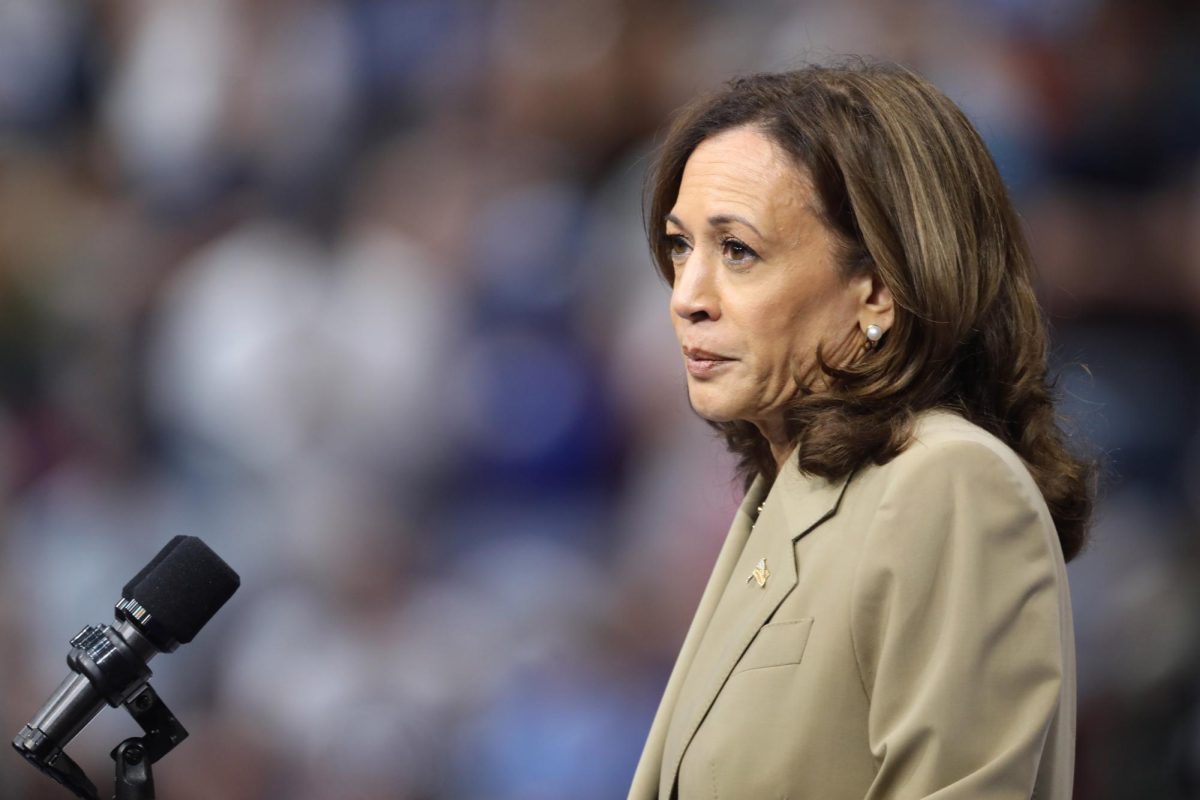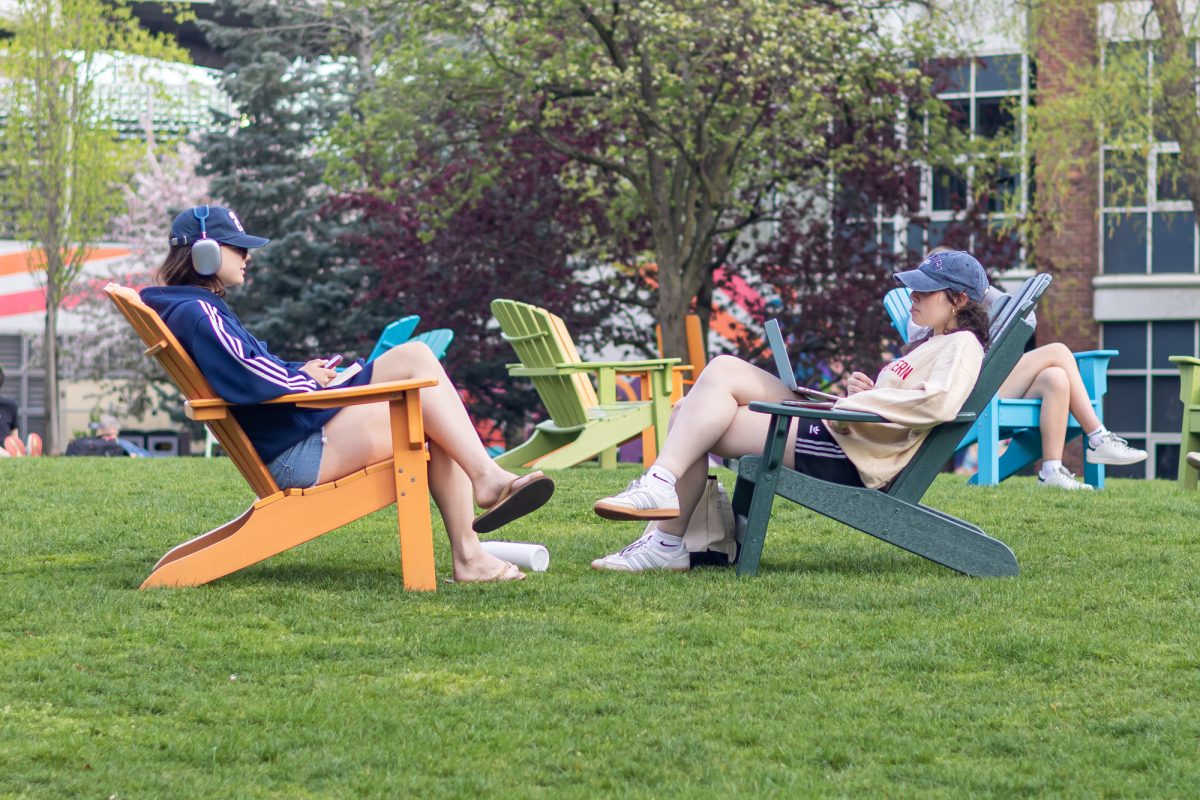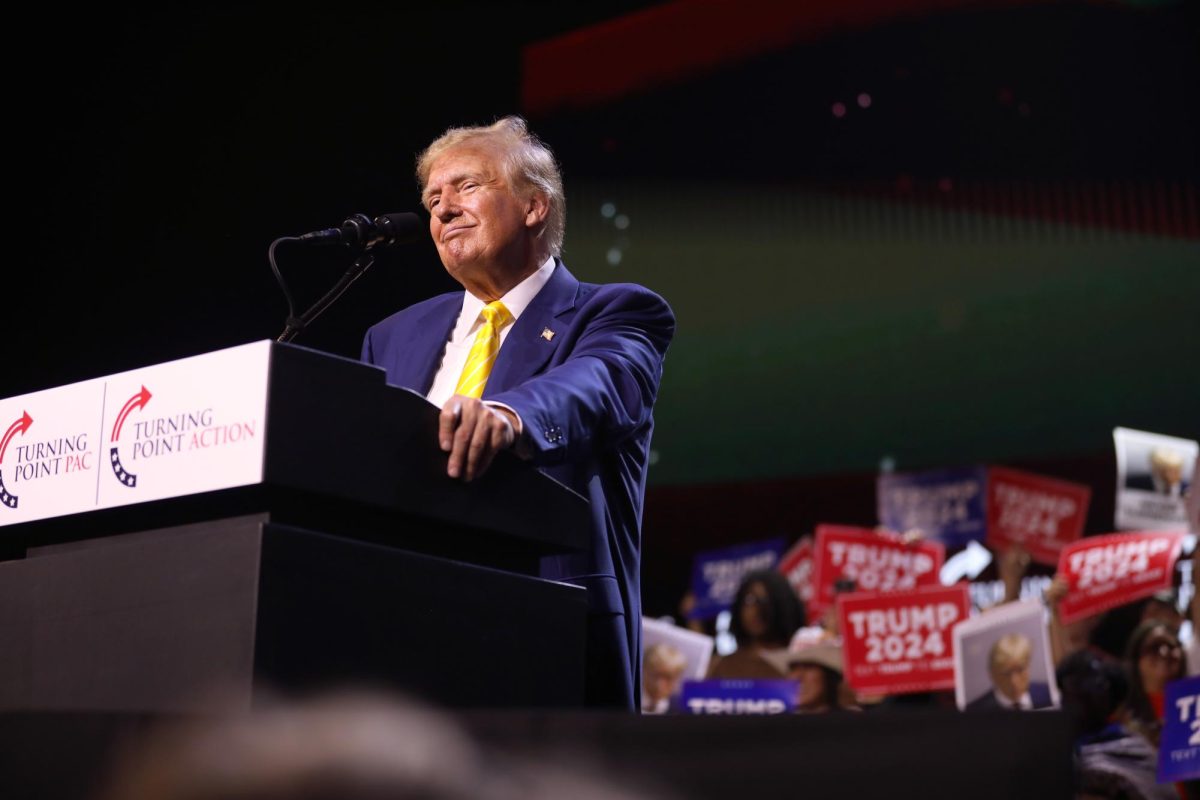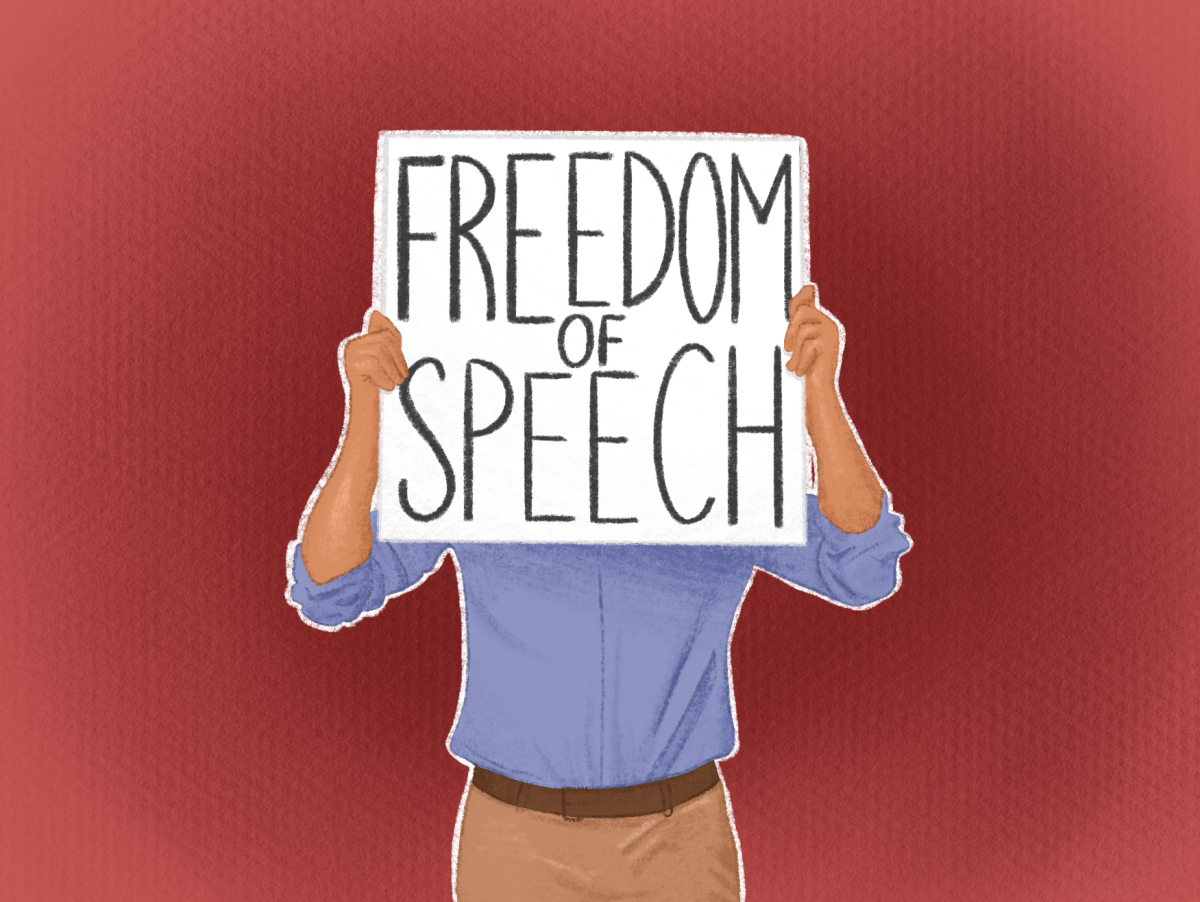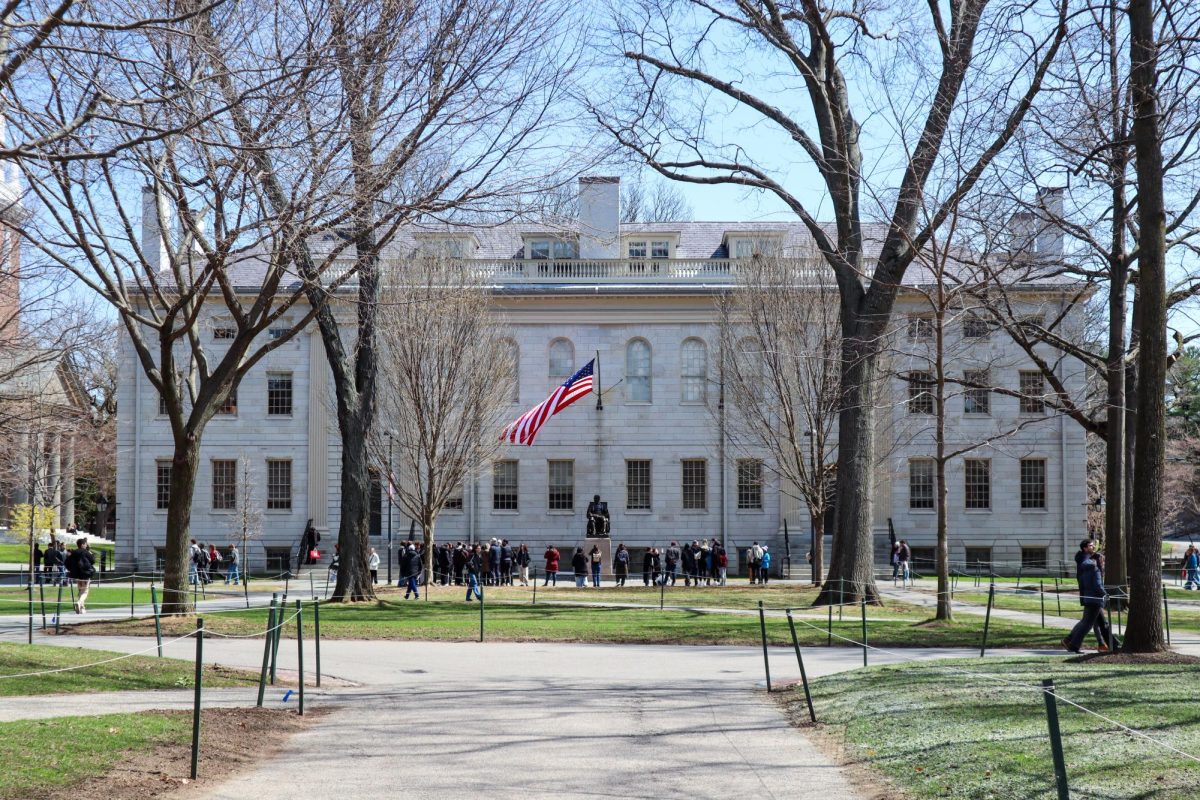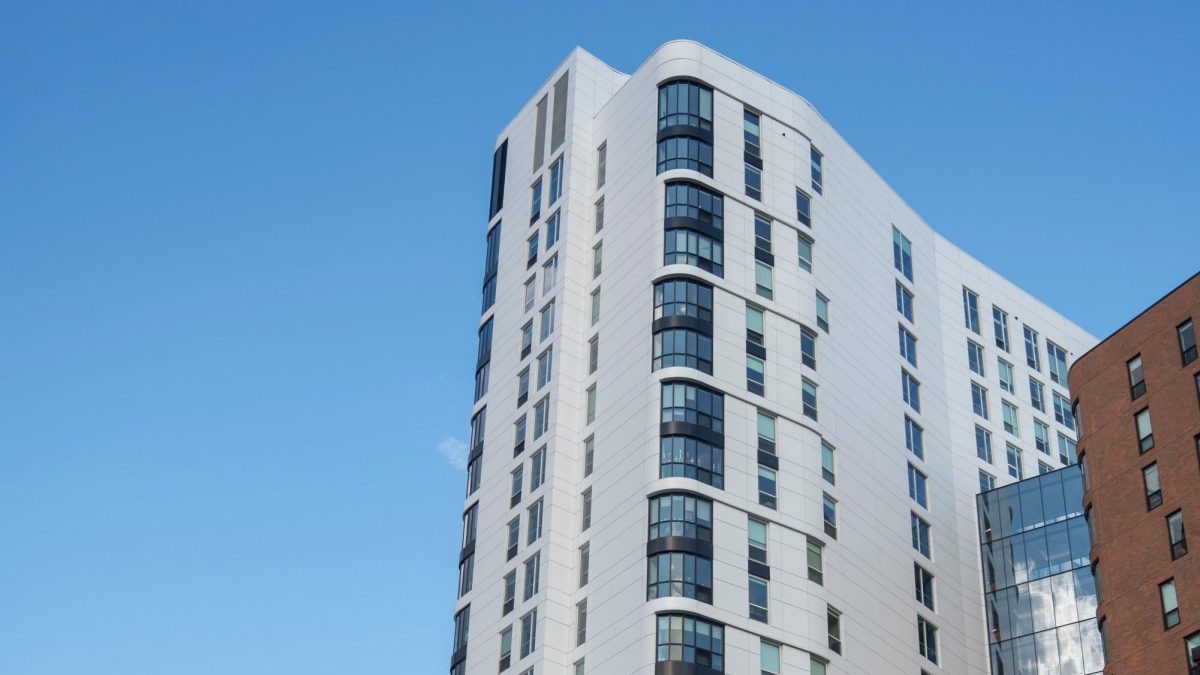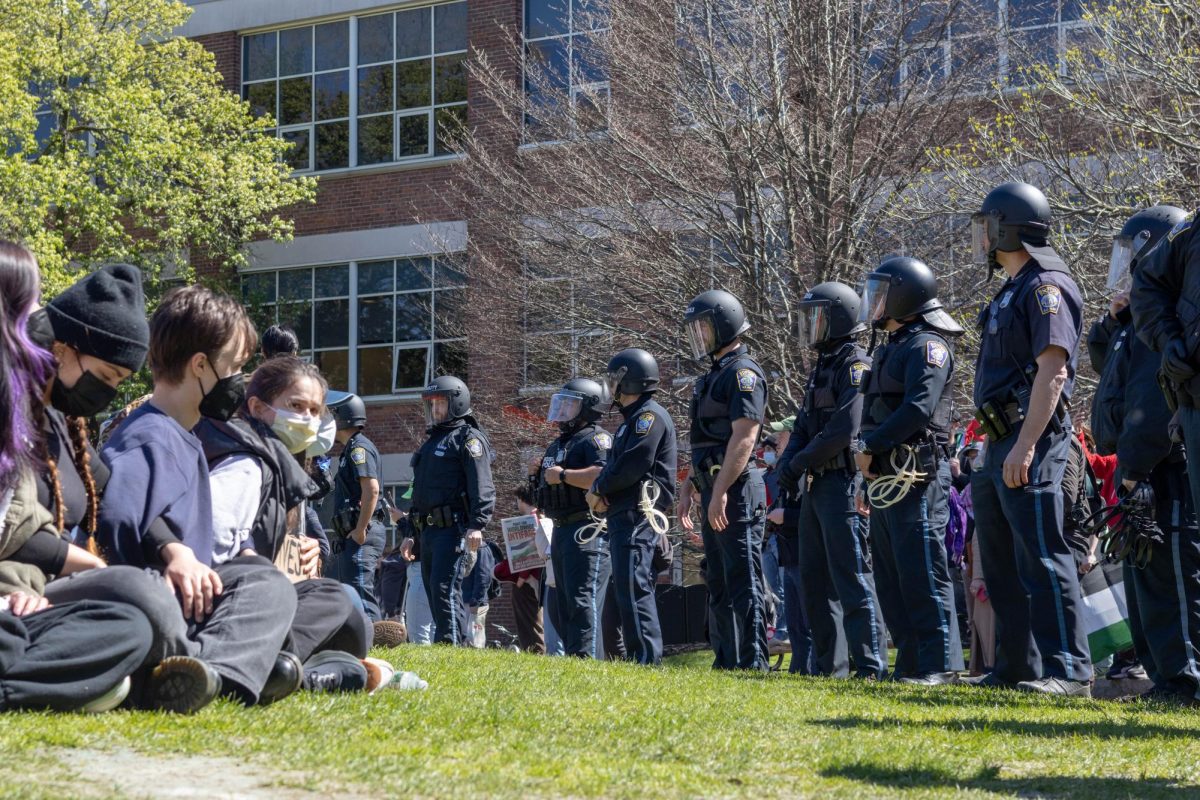Throughout the 2024 election, I would often hear friends and family make the claim that they “just don’t like” Kamala Harris.
Regardless of whether they ultimately decided to vote for her, people across the political spectrum seemed to revel in echoing just how “off-putting” the Democratic presidential candidate appeared to them. “God,” they would ask alongside the chorus of conservative television hosts, “can you believe that laugh of hers?”
Despite her staunch respect for democratic norms and decades of experience in public service, Harris was portrayed to the American public as someone who is as unpresidential — if not more so — than Donald Trump.
And somehow, we are supposed to believe that this characterization has nothing to do with Harris’ gender. As the country attempts to pinpoint the numerous other factors that caused Harris’ sweeping losses in the 2024 election, many women are finding it impossible to ignore that sexism is key among them.
Sexist attacks ran rampant throughout Harris’ entire campaign. They varied from derogatory slogans (including bestselling T-shirts referring to the vice president as a “h-e”) to general “women can’t run a country” jokes told for shock value.
While trying to tackle such egregious displays of sexism may be unproductive (these people know they are disrespecting women and frankly do not care), we can start by examining the seemingly innocuous comments made by ourselves and our neighbors. Packaged as “fair criticism” of a presidential candidate, much of this commentary boils down to harmful, age-old attitudes about women in power.
Most prominent is the “crazy” label, which Harris earned primarily for her nerve to, you guessed it, laugh during public appearances. Nicknaming her “laughing Kamala” in one of his rallies, Trump said of his opponent, “She’s crazy, she’s nuts.”
Although such accusations should have been immediately written off as meritless and immature, they instead resonated with the American public. Political commentators and news stations such as Fox found great success in citing Harris’ laughter as the reason for her being mentally unfit for office.
Turns out, crucifying female laughter has long been a method used to discredit powerful women. Society’s obsession with doing this to Harris is, as associate professor of gender and sexuality studies Oneka LaBennett told NBC News, “a coded way of saying, ‘This woman has the audacity of being joyful in public. How dare she?’”
But to win over voters, Harris had no choice but to display warmth. If she had instead adopted that stoic, no-nonsense demeanor typically associated with male leaders, Harris would have walked right into the equally damaging stereotype of the cold-blooded and power-hungry woman (the same label slapped on former presidential candidate Hillary Clinton).
Unlike Clinton, however, Harris also experienced an added layer of this as a Black woman. As LaBennett points out, a failure to laugh or smile throughout the campaign would have not only earned Harris the “manipulative” and “cold” label, but also that of the “angry Black woman,” a racist caricature given to those such as Michelle Obama for showing any sort of righteous frustration with the system.
Sure, some may argue that mocking surface-level aspects of a candidate’s personality is just a standard election procedure. But throughout this campaign, one specific attack on Harris has proven America’s sexism to be indisputable: the idea that the 60-year-old vice president’s success can be traced to her having “slept her way into politics” in the early days of her career. There’s no doubt that this claim, which comes from Harris’ relationship with former San Francisco Mayor Willie Brown in the 1990s, is baseless and demeaning. Harris was successful long before her relationship with Brown, one which ended far before she ever ran for elective office.
But those facts do not matter to the American public. Wherever a female candidate goes, inappropriate claims about her sexuality, or lack thereof, follow. Just ask Clinton, who was viciously attacked during the 2016 election for her unattractiveness, prompting Fox News host Tucker Carlson to talk about involuntarily crossing his legs when she came on television. Building on the insult, many also joked that Clinton was at fault for her husband, former President Bill Clinton’s, affair with Monica Lewinsky.
Trump summed all these sentiments up nicely when he recently “ReTruthed,” or reshared to his social media platform, an image reducing the only two female presidential candidates in U.S. history to their sexual relationships with men.
While I could quote these public displays of sexism all day, it’s important to note that what women are feeling in the aftermath of the election is not some manufactured outrage based on extreme examples of politicians “playing dirty.” Our frustration comes from knowing that these statements stem from real attitudes: ones held by our friends, family members, coworkers and romantic partners alike. Just as these attitudes have prevented America from ever electing a female president, they also stand in the way of everyday women as we work toward success and fulfillment in our own lives and careers.
If we’re lucky enough to have a female candidate in the next election, I do not want to see her being referred to by her first name while the opposing male candidate receives the basic decency of a surname. I do not want to hear outlandish claims about her being crazy or calculated, nor a single murmur about her dating history. And, although it seems harmless, I do not want to hear unfounded comments about simply “not liking” her personality.
Because while “I just don’t like her” may not have been the whole reason Harris lost the election, it did something else: show us just how threatened America still feels by women in power.
Samantha Denecour is a fourth-year English and political science combined major and columnist for The News. She can be reached at denecour.s@northeastern.edu.
The Huntington News is dedicated to serving the Northeastern University community with original, professional reporting and creating an environment in which student journalists can learn from one another. Support an independent, free press at Northeastern University with your donation today.



